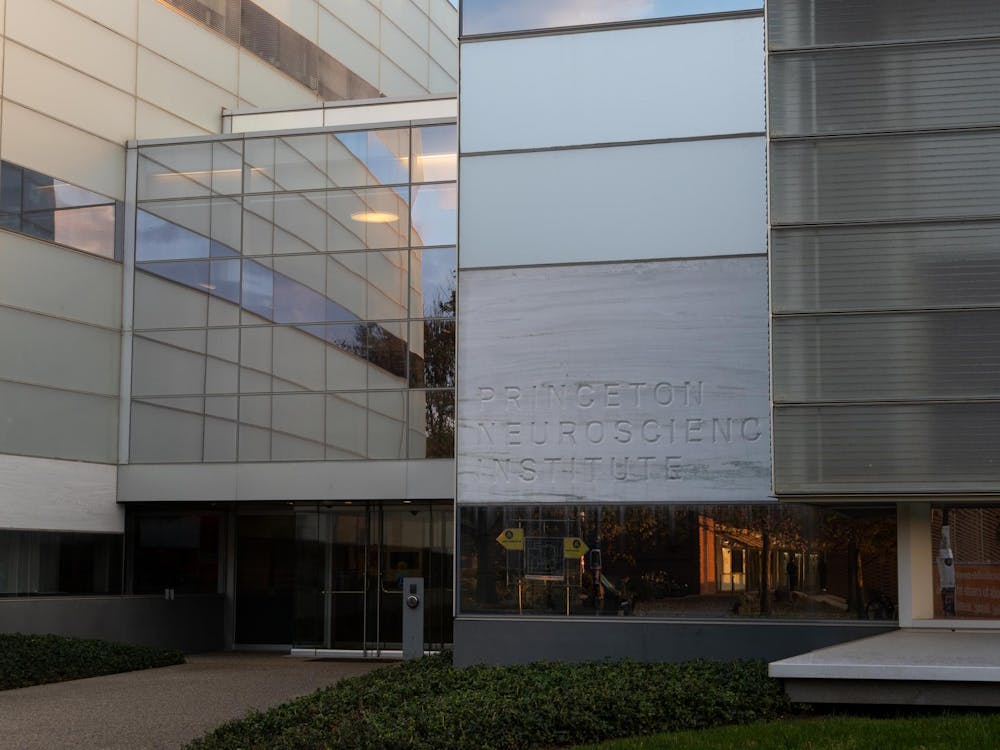The Undergraduate Disability Issues Committee presented a report for improving the quality of life for disabled students at the Council of the Princeton University Community meeting Monday afternoon.
The recommendations include improving accessibility to buildings by adding ramps and widening doorways and increasing awareness through MAA training and special events.
The committee was created this semester to examine the needs of disabled students on campus.
"The goal of the committee is to raise awareness about the needs of disabled students on campus," said Kristen Wieghaus '03, a member of the committee. She presented the report with David Mann-Podrasky '05.
The report outlines problematic aspects of University life for disabled students. It cites areas around campus that are inaccessible to them and includes recommendations for improving accessibility to academic buildings, eating clubs and Dillon Gym.
Mann-Podrasky and Wieghaus stressed the importance of the "topical" approach the University has taken to address problems for disabled students around campus.
They emphasized the importance of making recommendations that lead to changes around campus. The goal was not to just produce "vague resolutions," Wieghaus said.
In preparation for the report, each of the 11 members on the committee was assigned to a different section of the University to research and develop suggestions for improvement. Wieghaus was assigned to monitor Dillon Gym.

"I pretended I was handicapped to see which rooms I could not get into," she said.
The committee concurred that most of the floors of Dillon Gym were inaccessible and many doors with accessible paths have been blocked.
"All accessible entrances should be unlocked in the buildings," Mann-Podrasky said.
The report recommended that a short-term goal of the University should be to increase the number of accessible ramps leading to the gym.

"These are relatively inexpensive and easy for the University to install," Mann-Podrasky said.
The committee suggested that the University should strive to renovate the gym to make it fully accessible to disabled students. There were fewer complaints about other areas of the University. "Most academic buildings are accessible," Mann-Podrasky said.
The report noted that many of the older buildings and most eating clubs have limited handicapped accessibility because they were built before the passage of the Awareness with Disability Act.
The committee also wants to increase disability awareness throughout the University. They plan to devote three to four days to promoting disability awareness next spring, and also hold to have a disability awareness week next fall.
In addition, they hope to get MAAs involved in promoting and addressing disability awareness.
"[Students with disabilities] are in a very small minority, but they are a very important minority," Wieghaus said.
They recommended that the University provide disability awareness training for MAAs. Currently, MAA training does not include information about disabled students.
"I think that we definitely should get disability awareness training," Gabrielle Ibanez-Vazquez '04, an MAA at Forbes College, said in response to the proposal.
The next steps for the committee includes drafting a formal proposal for the USG and the trustees.
"We want them to seriously consider the recommendations that we have made," Mann-Podrasky said.







